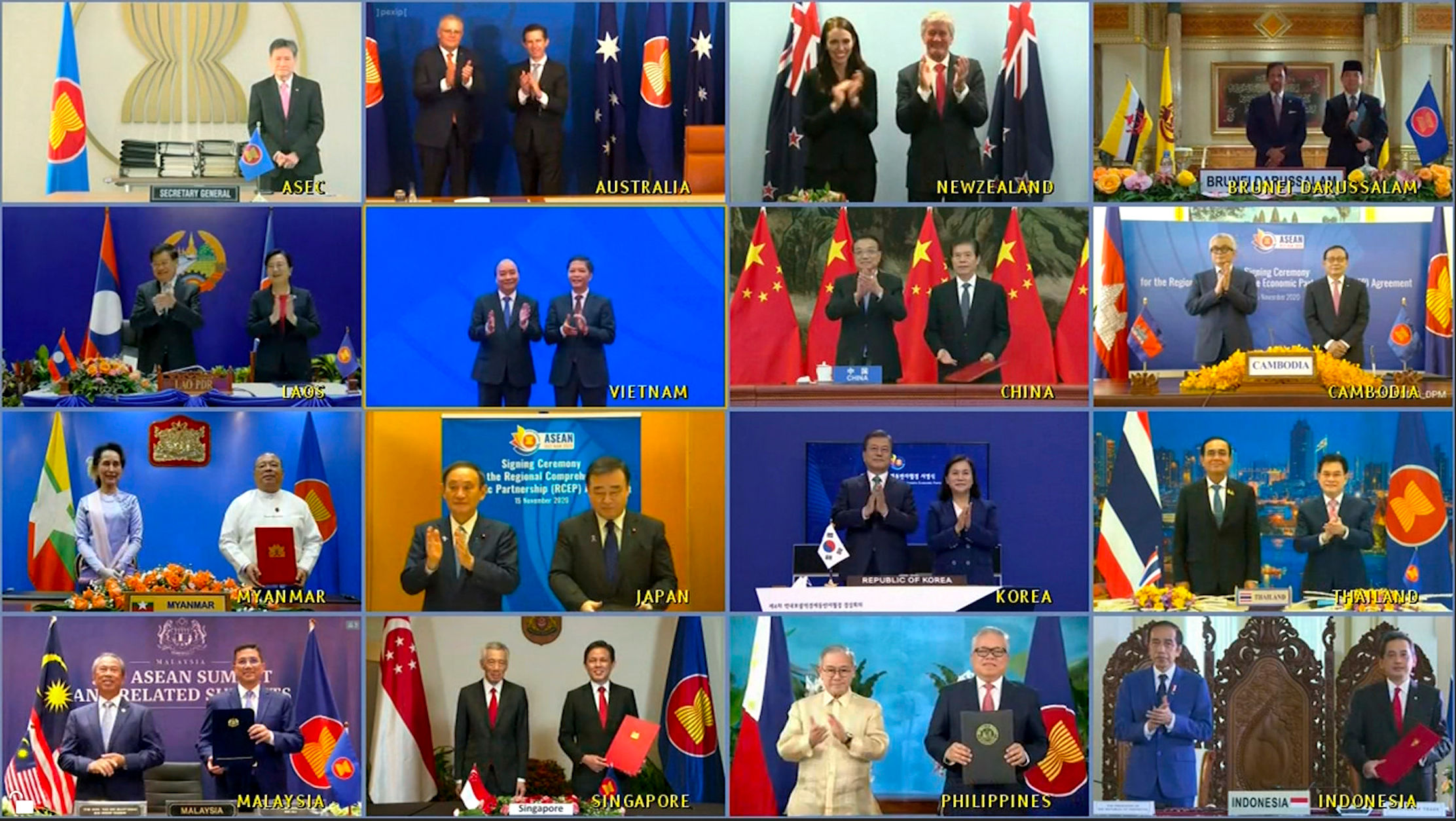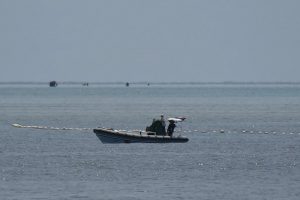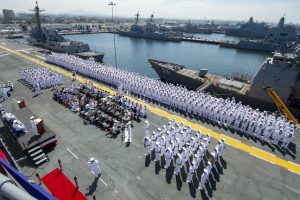Fifteen Asia-Pacific nations, including China, on Sunday signed the world’s biggest trade agreement, the Regional Comprehensive Economic Partnership (RCEP), without India. The trade agreement was signed in hopes that it will help recover from the shocks of the COVID-19 pandemic, reported news agency PTI.
The RCEP was signed after eight years of negotiations at the conclusion of the annual summit of Southeast Asian leaders and their regional partners, held virtually this year due to the COVID-19 pandemic.
The agreement, which covers almost a third of the world economy, will progressively lower tariffs across many areas in the coming years, PTI quoted Channel News Asia.
After the signing, all countries would have to ratify the RCEP within two years before it becomes effective.
India, one of the leading consumer-driven market in the region, pulled out of talks last year, concerned that the elimination of tariffs would open its markets to a flood of imports that could harm local producers.
But other nations have said in the past that the door remains open for India’s participation in the RCEP, influenced by China.
The RCEP was first proposed in 2012 and loops in 10 ASEAN economies- Indonesia, Malaysia, the Philippines, Singapore, Thailand, Brunei, Vietnam, Laos, Myanmar and Cambodia- along with China, Japan, South Korea, New Zealand and Australia.
The ASEAN is considered as one of the most influential groupings in the region, and India and several other countries including the US, China, Japan and Australia are its dialogue partners.
The virtual ASEAN summit, which kicked off on Thursday, is taking place amid China’s aggressive behaviour in the disputed South China Sea. A number of ASEAN countries have territorial disputes with China in the South China Sea.
Beijing claims almost all of the 1.3 million square-mile South China Sea as its sovereign territory. China has been building military bases on artificial islands in the region which, in parts, is claimed by Brunei, Malaysia, the Philippines, Taiwan and Vietnam.
Beijing has impeded commercial activity like fishing and mineral exploration by neighbouring nations in recent years, saying the ownership of the resource-rich maritime territory belongs to China for hundreds of years.







